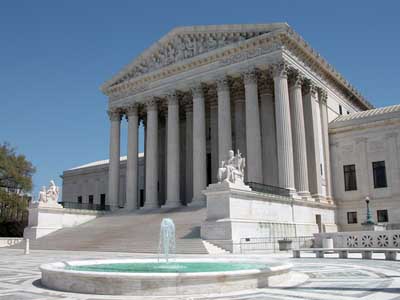SCOTUS to Hear Important Free Speech Case Effecting Pro-Life Pregnancy Centers

American Family Association Unveils Its 2017 Naughty or Nice List of Retailers
November 30, 2017
Blue States Target Little Sisters of the Poor
November 30, 2017
This Shutterstock image #355764 was downloaded on 5.1.07 for HSW: AMAZING PLACES TO GO IN NORTH AMERICA 01071475
Photo: U.S. Supreme Court building
By John Stonestreet, Originally published by BreakPoint, November 29, 2017





